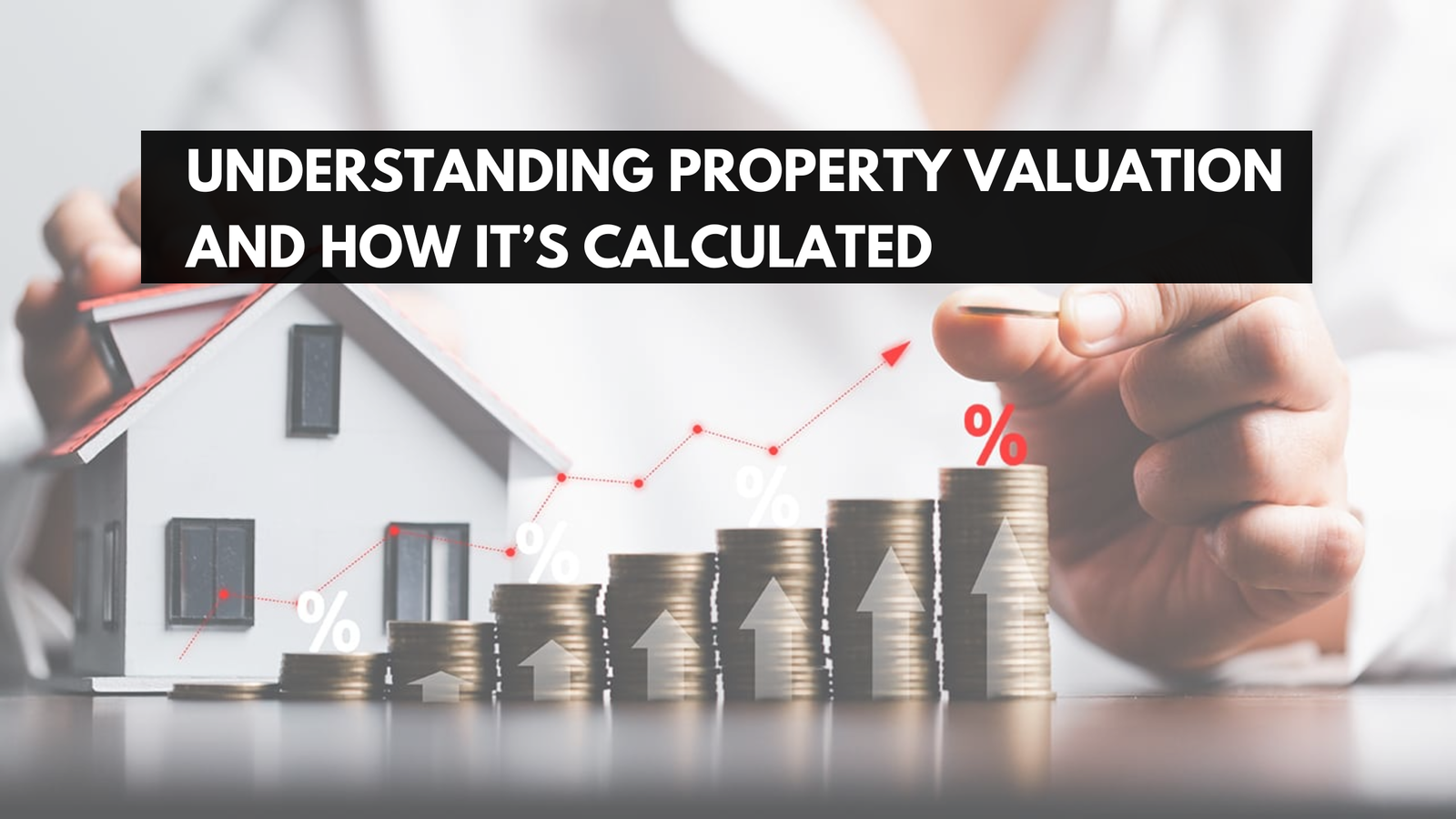Buying a property is one of the most significant financial and emotional investments you’ll ever make. Whether it’s a dream home or a profitable real estate investment, ensuring that your purchase is legally sound is essential. In India, property transactions require a series of legal documents that confirm ownership, verify authenticity, and safeguard the buyer’s rights. If you miss even one crucial paper, it can lead to legal disputes or financial losses later. So before you finalize your deal, it’s important to understand which documents matter most. Here’s a detailed guide to the top legal documents you need when buying property in India.
1. Sale Deed – The Ultimate Proof of Ownership
The Sale Deed is the most crucial legal document in any property transaction. It serves as the primary proof of ownership and legally transfers the property title from the seller to the buyer. Without a registered sale deed, ownership cannot be established.
Key details included:
- Names and addresses of both buyer and seller
- Complete property description
- Sale consideration amount
- Transfer date and signatures of both parties
- Witness details
Before signing the sale deed, ensure that the property has a clear title and that all payments (including stamp duty and registration fees) are completed. You can learn more about how Vinayak Group ensures complete legal transparency in all our real estate projects.
2. Title Deed – Verifying the Chain of Ownership
The Title Deed (or Mother Deed) is essential for tracing the ownership history of the property. It shows how the property changed hands over time—from the original owner to the current seller. This document ensures that the person selling the property has legitimate ownership rights and that there are no disputes or claims against it. If the property has passed through multiple transactions, a verified and continuous chain of title deeds must be available. It’s advisable to get the title deed examined by a property lawyer before proceeding with the sale.
3. Encumbrance Certificate – Ensuring a Debt-Free Property
An Encumbrance Certificate (EC) proves that the property is free from any legal dues, loans, or pending mortgages. It also shows whether the property has been pledged as collateral in the past. You can obtain the EC from the local sub-registrar’s office, where the property is registered. For buyers, an EC covering at least the past 13 to 30 years is recommended to ensure a clean financial record of the property.
4. Property Tax Receipts – Proof of Updated Dues
Before finalizing the purchase, the buyer must verify that all property taxes have been paid by the seller up to the date of sale. Property tax receipts not only prove that the seller has been responsible for payments but also indicate legitimate property ownership. Unpaid property taxes can become the buyer’s responsibility after purchase, so checking the receipts protects you from unexpected liabilities.
5. Building Plan Approval – Legal Construction Verification
For any constructed property, a Building Plan Approval sanctioned by the local municipal authority is mandatory. This document confirms that the construction complies with the approved layout, building codes, and safety regulations. If a building has been constructed without proper approval, it could be subject to demolition or penalty. Always compare the approved plan with the existing structure before making your purchase.
6. Completion Certificate (CC) and Occupancy Certificate (OC)
These two certificates are essential if you’re purchasing a newly built property or an apartment in a housing project.
- Completion Certificate (CC): Issued by the municipal corporation, it verifies that the building has been constructed according to approved plans and building codes.
- Occupancy Certificate (OC): Issued after the CC, this certifies that the property is ready for occupation and has met all safety and civic requirements like water, electricity, and sewage connections.
If a property lacks these documents, it might not be legally habitable. Always request both certificates before taking possession.
7. Mutation Certificate – Updating Ownership in Government Records
After purchasing a property, you must get the Mutation Certificate, which updates the new ownership details in local municipal records. It is essential for paying property taxes in the buyer’s name and serves as an additional proof of ownership. Mutation is not mandatory for ownership transfer but plays a crucial role when reselling the property or applying for utilities and loans.
8. Allotment Letter – For Under-Construction or Builder Projects
If you’re buying a flat or apartment in an under-construction project from a builder, the Allotment Letter is one of the first documents you’ll receive. It contains details like the property unit, payment plan, and possession timeline. This document is also crucial for applying for a home loan, as it acts as proof of your financial commitment to the builder. Vinayak Group provides complete document support and transparency for all its commercial properties in Prayagraj, ensuring buyers receive legitimate allotment and possession papers.
9. Possession Letter – Handover Proof
A Possession Letter is issued by the builder to the buyer, confirming the date when the property’s physical possession is handed over. It is an important document for both taxation and legal purposes. However, note that possession alone doesn’t establish ownership—registration of the property must still be completed through the Sale Deed for full ownership rights.
10. No Objection Certificate (NOC)
A No Objection Certificate from various departments ensures that there are no legal or civic restrictions on the property. Depending on the property type, you might need NOCs from:
- The local municipal corporation
- Pollution control board
- Electricity and water departments
- Fire department (for large complexes)
- Environment authority
When buying from a builder, always confirm that all NOCs are in place to avoid delays in possession or registration.
11. Power of Attorney (if applicable)
A Power of Attorney (PoA) allows one person to act on behalf of another in property transactions. For instance, if the original owner resides abroad, a registered PoA enables their representative to sign and execute the sale deed legally. However, buyers must ensure the PoA is genuine and registered to prevent fraudulent claims.
12. RERA Registration Certificate
Under the Real Estate (Regulation and Development) Act, 2016, all real estate projects in India must be registered under RERA. The RERA Registration Certificate ensures that the builder adheres to fair practices, provides timely possession, and maintains legal compliance. Before buying any property, visit your state’s RERA website and verify the builder’s registration number. Projects by reputed developers like Vinayak Group are fully RERA-compliant, providing complete trust and transparency to buyers.
13. Loan Clearance Certificate (if applicable)
If the seller had previously taken a loan on the property, a Loan Clearance Certificate from the bank is necessary to confirm that the entire loan has been repaid and the property is debt-free. Without this, the lender could still hold rights over the property.
14. Agreement to Sell – The First Step Toward Ownership
Before the sale deed is executed, both parties sign an Agreement to Sell, which outlines the terms and conditions of the property transaction. It includes payment details, possession date, and other obligations of both parties. This agreement protects the buyer in case the seller backs out or makes unauthorized changes before the final sale.
Conclusion
Purchasing a property involves more than just finding the perfect location or a good price—it requires a strong legal foundation. Every document, from the Sale Deed to the RERA Certificate, plays a vital role in confirming ownership and protecting your investment. At Vinayak Group, we ensure that every transaction is transparent, compliant, and secure. Our expert team guides buyers through the complete documentation process, ensuring peace of mind with every property purchase. If you’re planning to buy your dream home or invest in real estate, explore our Vinayak Group Projects for legally verified, RERA-approved, and ready-to-move-in properties.




